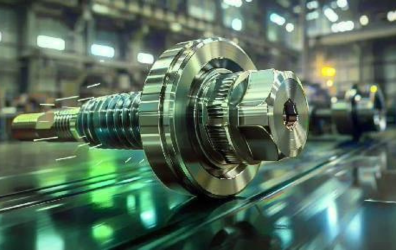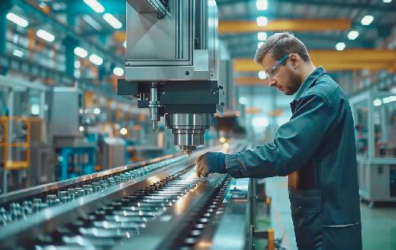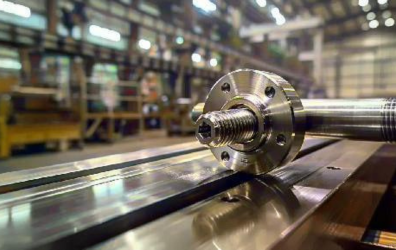Fastener Quality Assurance: Ensuring Reliability in Manufacturing

Quality assurance (QA) in the fastener manufacturing industry is critical for ensuring the reliability and performance of fasteners used in various applications. Fasteners play a vital role in connecting components across industries, from automotive to aerospace, making their quality paramount. Implementing robust QA processes helps prevent defects, reduces the risk of mechanical failures, and enhances customer satisfaction.
Key Quality Assurance Methods
high standards, manufacturers employ several quality assurance methods. One widely recognized standard is ISO 9001, which outlines the requirements for a quality management system. Compliance with this standard ensures that manufacturers consistently produce high-quality products that meet customer expectations.
Another essential QA method is in-process inspection, where fasteners are evaluated at various stages of production. This proactive approach allows manufacturers to identify and rectify issues before the final product is completed. Techniques such as statistical process control (SPC) are often utilized to monitor production processes continuously, ensuring that any deviations from quality standards are promptly addressed.
Prototype Testing
Before mass production, fasteners undergo rigorous prototype testing. This phase involves simulating real-world conditions to assess performance under stress. Engineers use advanced testing equipment to measure factors such as tensile strength, corrosion resistance, and fatigue life. This thorough evaluation helps identify potential weaknesses and ensures that only reliable fasteners reach the market.
At Zeometrix.com, we understand the importance of quality assurance in fastener manufacturing. Our services include state-of-the-art manufacturing process, allowing us to produce high-quality custom fasteners tailored to your specifications. By partnering with leading manufacturers in India, we ensure that our products adhere to stringent quality standards throughout the production process. Documentation and Traceability
Effective quality assurance also involves maintaining comprehensive documentation and traceability of each batch of fasteners produced. This practice enables manufacturers to track materials used and production processes, providing transparency and accountability. In the event of a defect or recall, traceability allows for quick identification and resolution of issues. In conclusion, implementing rigorous quality assurance practices is essential for ensuring the reliability of fasteners in manufacturing. By focusing on proactive inspection, thorough testing, and maintaining traceability, manufacturers can deliver products that meet the highest standards of quality and performance.
SEO Keywords
- Fastener quality assurance
- Fastener manufacturing
- Quality management system
- Prototype testing
- In-process inspection
- Statistical process control

